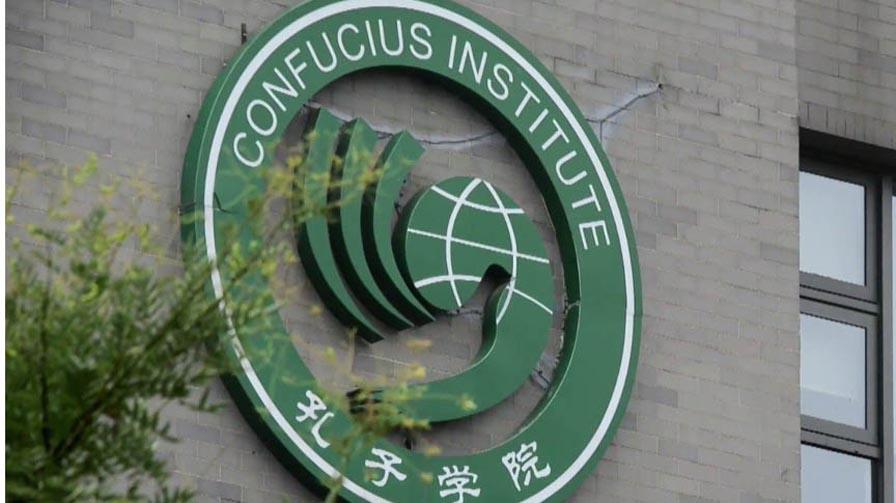The ministry of education’s reported move to review Confucius Institutes and Confucius Classrooms jointly established by China’s Confucius Institute and seven Indian universities and colleges has sparked off a controversy. This move appears to be a belated reaction, with the India-China standoff in east Ladkah becoming the trigger. However, when the world was reacting to this soft power strategy of China by proscribing the Confucius Institutes last year, India chose to turn a blind eye.
Days after Beijing asked New Delhi to “avoid politicisation” of cooperation in the higher education sector, including the Confucius Institutes, India made it clear that institutes which did not take approval from the government during their establishment will be under the scanner.
Anurag Srivastava, spokesman, ministry of external affairs said, “I would like to highlight that the ministry of external affairs had in 2009 issued detailed guidelines for establishment and functioning of Foreign Cultural Centres. These guidelines apply also to any cultural centre that is supported/sponsored by an autonomous foreign organisation, including any Confucius Centre.
Under these guidelines, approval of MEA is required for any MoU/Agreement that such Centres might wish to enter into with an Indian organisation. Naturally, if any Indian institution were to enter into or has entered into an arrangement which would come under the purview of these guidelines, then it would require the approval of the government.” In India, the seven institutions running CIs include OP Jindal University, Vellore Institute of Technology and Lovely Professional University.
Institute for propaganda
Confucius Institutes derive their name from the renowned Chinese educator and philosopher Confucius, who lived from 551 BCE to 479 BCE. China claims that Confucius Institutes serve as a “bridge reinforcing friendship” between it and the world. But critics maintain that the government-run body – which offers language and cultural programmes overseas – is used by Beijing to spread propaganda under the guise of teaching, interfere with free speech on campuses and even to spy on students. Last year, a number of universities around the world shut down programmes operated by the institute. In Australia, an investigation was ordered into whether agreements between universities and the institute have broken anti-foreign interference laws.
-

Confucius does not say much

































